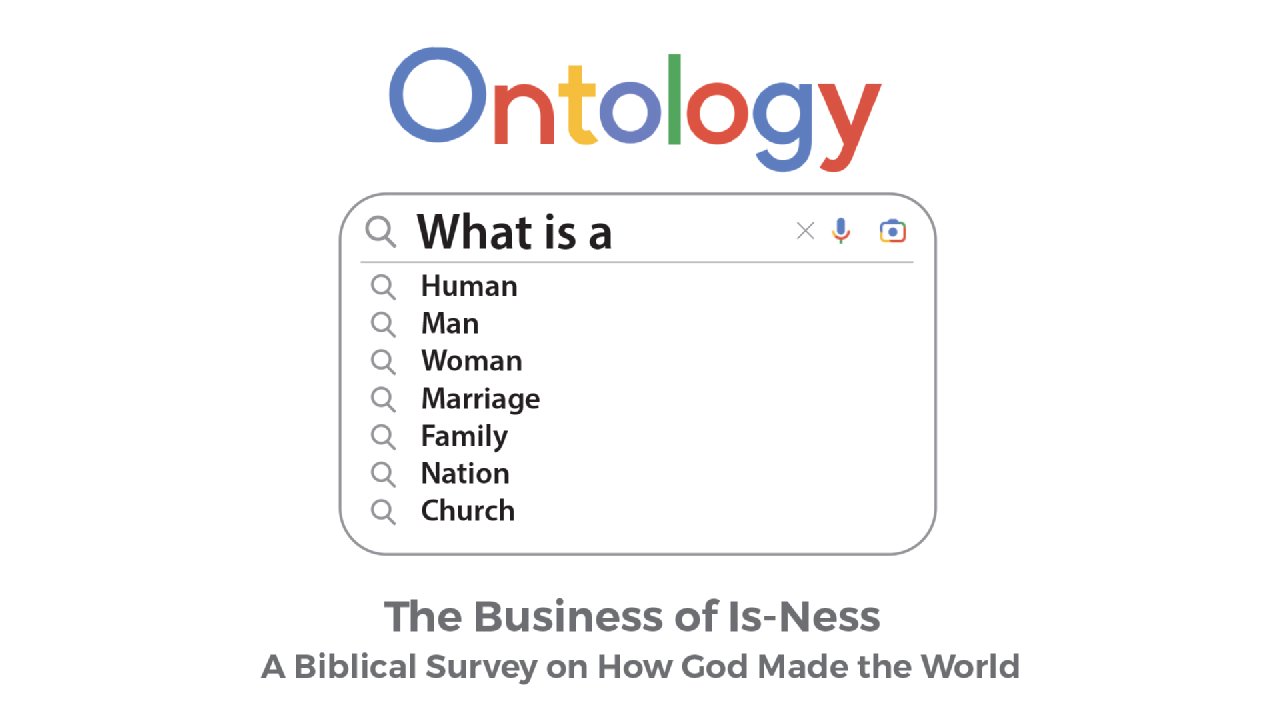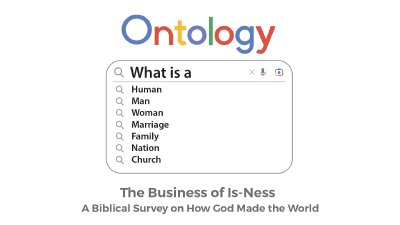Where are we?
This is an important question, especially if you have been dropped off in a place you don't know. Or, you are visiting somewhere for the first time.
In truth, lostness is a part of life. When God created the world, he made it big, with large stretches of land and sea. Then, when he brought Noah and his family through the flood, he added mountains and valleys, languages and cultures. As a result, all humans have experienced the paralyzing effects of not knowing where we are and not knowing (for a short time or a long time) how to find our bearings.
Thinking about this, we realize that “finding ourselves” in this world requires more than a good GPS. While we may know our coordinates on the planet, we may be equally confused about how to think about the planet itself. That is to say, while we may have a map on our phones, if we are interpreting the world around us by the tools given to us by a secular and secularizing world, we may not have any idea that God dwells in heaven and we are on earth, in the place that we are (Acts 17:25), because he put us here and defined our boundaries.
Moreover, without the right tools for interpretation, we may try to find ourselves in ways entirely at odds with our Creator. Such is the condition of postmodern humanity. For all the technological know-how that we have acquired, we have lost something valuable in our world—namely, a right understanding of the cosmos. After all, what is the world?
Even for those who have grown up in church, the stories of Creation and the Flood must contend with Darwin and his disciples. The miracles of Jesus must overcome our modern commitment to natural causation. And our belief in Jesus's virgin birth and third day resurrection must be treated as facts of history, not not just ethical fictions like Aesop’s Fables or the tales of Harry Potter. And those are a just a few of the ideas that contend for space in our world and elevate the question: Where are we?
To help us get our bearings, we began a sermon series last week called “The Business of Is-ness,” which introduces us to something called Ontology (the study of the way things are). If you missed it, you should go listen to the first message. It will pave the way for this week’s message on Cosmology. Cosmology is a study of the universe. And Sunday, we will look at Psalm 104 to see the world God has made. Indeed, to understand our place in the world requires a right understanding of God’s Three-Story Universe. Yes, the world has three stories, and if that doesn’t make sense, then it’s likely you are working with a cosmology taught in public high schools instead of God’s Word.
Again, this is why we need to study Ontology.
To prepare for worship, take time to read Psalm 104. As best you can, take note of the seven days of creation in that Psalm. On Sunday, we will walk through the seven days of creation to understand the universe and our place in it. Indeed, for all of us living in a secular world, we need to embrace a sacred view of creation. And Sunday, by God’s grace, we can take a first step.
Please pray for our time together and for the Lord to continue to shed his light upon us as we seek the light of his glory in the face of Jesus Christ. As a reminder, the County Center Community Group is in the overflow this Sunday. As the Lord allows, I look forward to seeing you on Sunday.
For His Glory and your joy,
Pastor David
-----------------------------------------------------------------------------------------------------------
Discussion & Response Questions for Psalm 104
In what ways do you think about the world in which you live? What has influenced that understanding?
What is a biblical cosmology? How is that similar too or different than a scientific understanding?
What does it mean to have a sacred view of the world? How could that go wrong? What does that redeem?
What is the relationship between Genesis 1 and Psalm 104? Have you seen that before? Why do we struggle to see those connections?
What does it mean that God clothed himself with light?
What are the three stories of the universe? How does the concept of a three-tier universe reform your thinking about the world?
How does Psalm 104 incorporate the story of salvation? For instance, what do we learn about the flood? About beasts, man, and Satan?
What is the goal of creation? How does Psalm 107 communicate that hope?
What else did you learn about the world? What questions remain?




